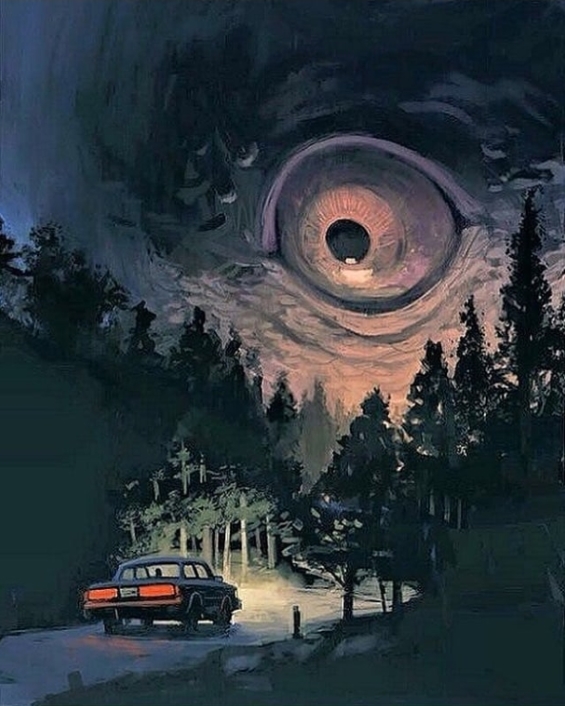
 The SFFaudio Podcast #247 – READALONG: On The Beach by Nevil Shute; read by Simon Prebble. Jesse fends off illness to lead us in an intriguing discussion about Nevil Shute’s apocalyptic novel. This podcast features Jesse, Jenny, Seth, and Paul.
The SFFaudio Podcast #247 – READALONG: On The Beach by Nevil Shute; read by Simon Prebble. Jesse fends off illness to lead us in an intriguing discussion about Nevil Shute’s apocalyptic novel. This podcast features Jesse, Jenny, Seth, and Paul.
Talked about on today’s show:
Reversed seasons in Southern Hemisphere; novel originally serialized in London weekly periodical The Sunday Graphic; “on the beach” as naval phrase meaning “retired from service”; the novel almost universally acclaimed by critics and readers alike; what is the ideal time frame for an end-of-the-world scenario?; On The Beach as bleak existential novel; the author’s avoidance of political or religious polemic; 1959 movie starring Gregory Peck, Ava Gardner, and Anthony Perkins; Australia as a secular nation; Earth Abides by George R. Stewart; Endgame by Samuel Becket; the novel as a metaphor for terminal cancer patients; The Star by Arthur C. Clarke; abstract sterile end-of-world mechanics, a “cosy catastrophe“; 2008 BBC radio adaptation; 2000 TV movie starring Bryan Brown, modernized and featuring a much more optimistic tone; Roland Emmerich’s disaster flick 2012; could the novel’s characters done more to ensure the continued survival of humanity?; fallout shelters, “duck and cover!”; Chernobyl; rampant alcoholism; euthanasia; attitudes toward media–were newspapers responsible for the war?; regression of technology in the novel; The Waveries by Fredric Brown; we wish the Cosy Catastrophe genre would supplant Paranormal Romance; reflection of a pre-WWI era arms race; 1959 movie version tackles Cold War paranoia; U.S. government’s criticism of the novel; Five Years by David Bowie; faced with the end of the world, our panel would evidently read Marcel Proust; needless revisions in film adaptations; much action takes place “off the page” in the novel; lookism; The Scarlet Plague by Jack London; Simon Prebble’s excellent audio narration; George Orwell’s 1984; Man’s Search for Meaning by Viktor Frankl and logotherapy; Jay Lake and his bout with cancer; Daphne du Maurier’s Rebecca, adapted by Alfred Hitchcock, and how we’re haunted by the people who are no longer with us; the novel’s three-dimensional characters; Nevil Shute employs typical British understatement; Lord of the Rings‘s Denethor and the idea of hopelessness; Egyptian tomb goods and attitudes towards death; Jesse plans his funeral rites.
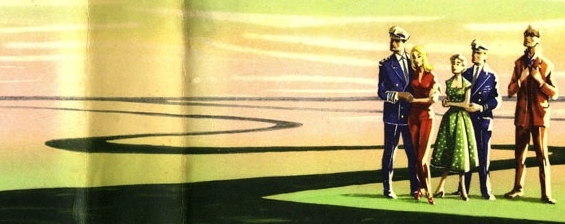

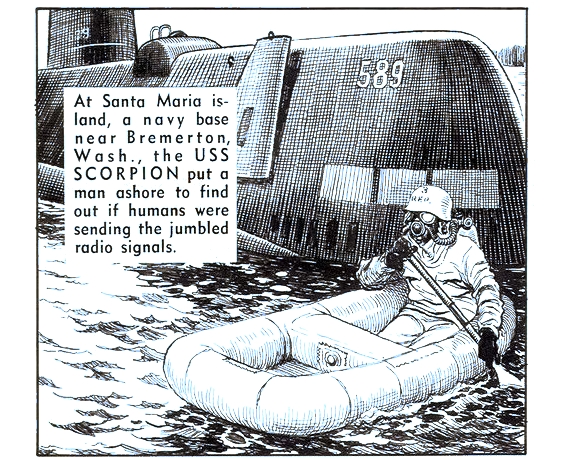
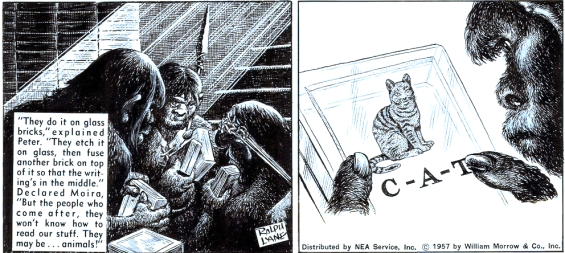
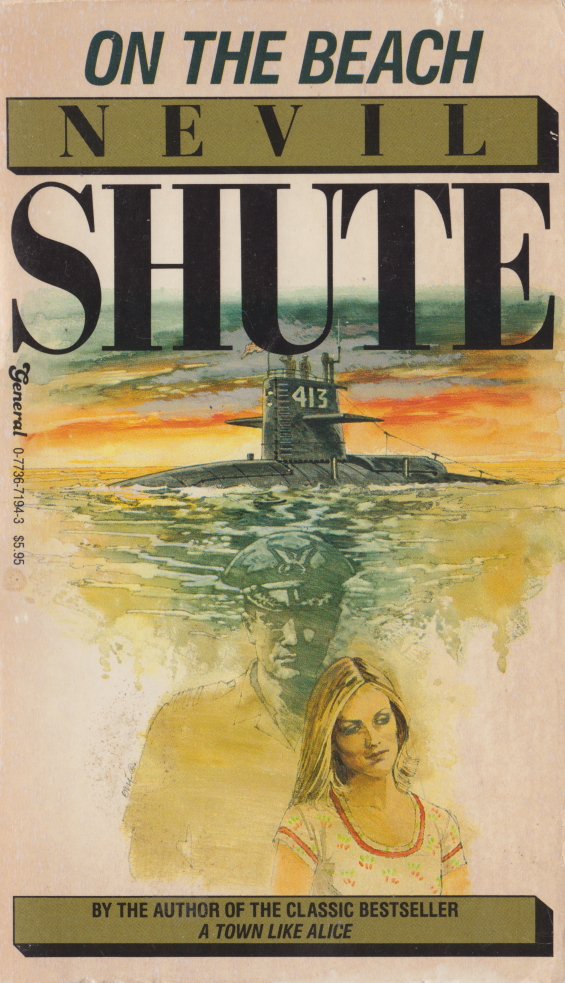
Posted by Seth Wilson

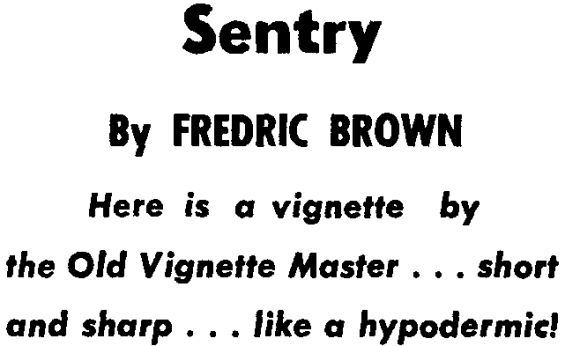

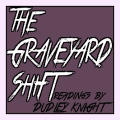 Beginning it seems in the mid-1970s
Beginning it seems in the mid-1970s 

